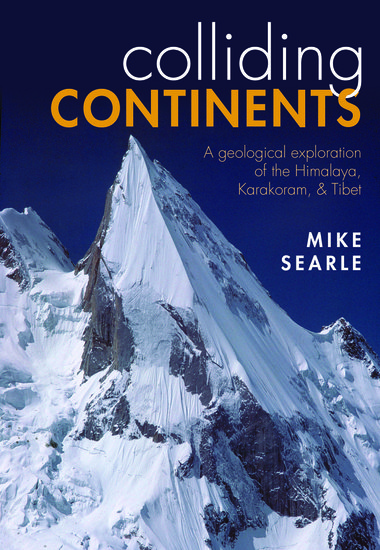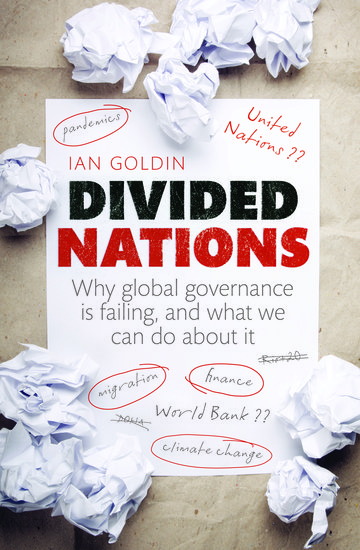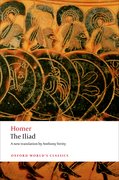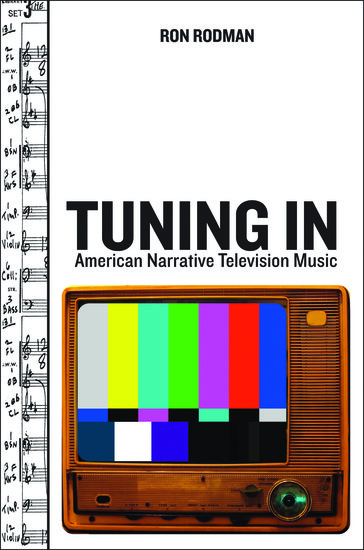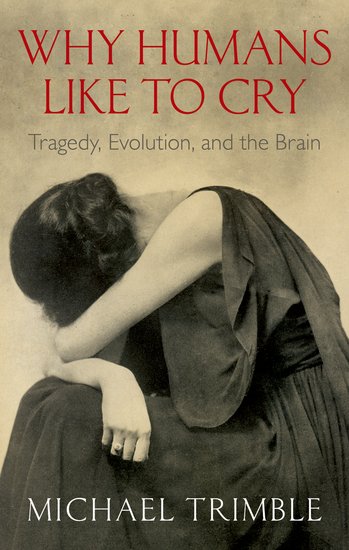The Rite of Spring, Stravinsky, and Balanchine
100 years ago, the world was shocked by, of all things, a ballet. Le Sacre du printemps (Rite of Spring), choreographed by Vaslav Nijinsky and composed by Igor Stravinsky, caused a riot when it was first performed at the Théâtre des Champs-Élysées in Paris on 29 May 1913. Stravinsky’s composition was revolutionary; it introduced dissonance in classical music.

